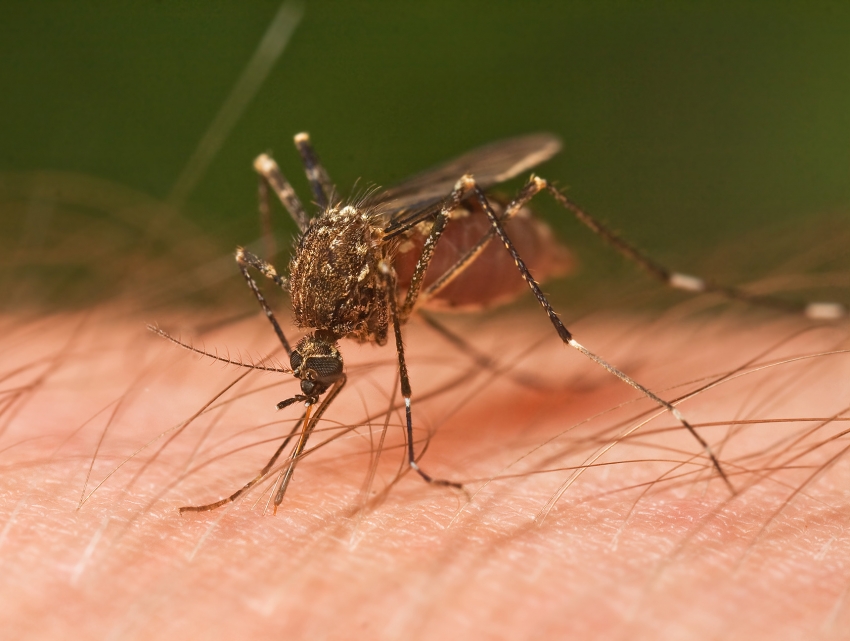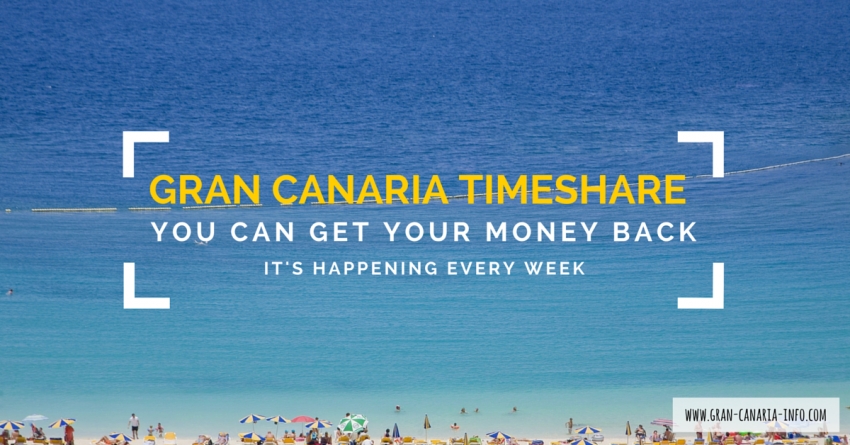Do I need vaccines to visit Gran Canaria?
No, you don't need any vaccines to visit Gran Canaria. The island is subtropical and has no infectious diseases like zika and yellow fever. Hygiene standards are high so there is no risk of contracting water-borne diseases such as Hepatitis A.
We advise visitors to Gran Canaria to consider a flu vaccine to make sure that they are as protected as possible and to take standard travel precautions such as making sure that their tetanus vaccine is up-to-date.
Do I need a European Health Card?
Yes, yes, yes; They are free and easy to get and make getting emergency health treatment easy and free. If you do have an accident in Gran Canaria and don't have an EHIC card, you could be looking at a large bill and a huge amount of paperwork.
Just get one. Now! Here's how.
Do I need travel insurance?
As an EU or EEA citizen, you don't need travel insurance to come to Gran Canaria. However, we think it's a good idea to get it; The cost is low and insurance offers a much broader level of protection than the Spanish State Health System. For example, it covers emergency dental treatment.
Travel insurance also covers your possessions and luggage against theft and loss. Insurance is vital if you are a non-EU citizen or are planning any high-risk activities such as water sports, skydiving or trekking, or even just renting a car.
If you travel more than once per year, an annual travel insurance policy is often the best value option.
What happens if I need medical attention in Gran Canaria?
If you are in serious trouble, phone an ambulance on 112, or get someone else to do it for you. If you can, wave your EHIC card at the ambulance staff.
If you need to see a doctor, go to the nearest health clinic or hospital and take your EHIC card and travel insurance documents. Ask your rep or reception staff to recommend a good one close by.
Is sunburn a problem in Gran Canaria?
Yes, it's the number one cause of ruined holidays because the sun here is African and the days are long. Wear Factor 30 suncream when you first arrive and stay out of the sun at midday.
See our guide to getting a safe Gran Canaria tan for more details on how to avoid sunburn (and how to deal with it if it happens).
What if I need a dentist?
Dental treatment is not covered by the Spanish Health Service so you will need to go to a private dentist. Gran Canaria's dentists are good and their prices are reasonable.
Alex Says: Gran Canaria dentists love seeing British patients: It's like going to a museum for them: They get to see NHS dentistry techniques that haven't been used in Spain since Medieval times.
Are there any poisonous animals in Gran Canaria?
There are no poisonous snakes or scorpions in Gran Canaria and the only venomous spiders are small and shy. There is a poisonous centipede but nobody ever even sees it, let alone gets bitten by it.
In the sea, there are a few poisonous critters but they tend to steer clear of people. Watch out for sea urchins if you are walking on rocks by the sea and don't poke the fish. Jellyfish are rare in Gran Canaria and dangerous ones even rarer, but check the lifeguard towers to see if they are flying a jellyfish warning flag (it's a yellow triangle with a jellyfish on it).
There are cockroaches in Gran Canaria but they don't bite and don't carry diseases. If you see more than the odd one in your accommodation or complex, tell reception and they'll get the fumigation man in (Tripadvisor reviews were the best thing that ever happened to the Gran Canaria pest control industry).
More on the few dangers of Gran Canaria.
Are there mosquitos in Gran Canaria?
Yes, we have mosquitoes but they don't transmit any diseases. The island's resorts are largely mosquito free and Gran Canaria is a dry island so there aren't that many of them anywhere.
If you are bitten by mozzies, apply an antihistamine cream. If the bites swell up to more than the size of a small coin, then it's best to have them checked out by a doctor.; You may have an infected bit and need a dose of antibiotics. It's rare but it happens.
More on avoiding mozzie bites in Gran Canaria.
What about shark attacks?
We used to say that there had never been a shark attack in Gran Canaria, but in 2015, a woman was nipped on the arm by a small, fish-eating shark. She was swimming in murky water close to the fish farms on the east coast; Nowhere near any of the resort beaches.
There has never been a serious shark attack in Gran Canaria; We have no marine mammals that attract the big ones close to shore.
Lex says: We've taken out the joke about timeshare sellers being land-sharks because it is just too easy, and because they behave pretty well these days.
Can I drink the tap water?
Gran Canaria's tap water is made from desalinated seawater and contains a lot of minerals. It's also quite high in chlorine so it doesn't taste all that good. However, it is safe to drink and there is no problem using it to cook and brush your teeth.
Most locals buy bottled water to drink and make tea and coffee as it tastes much better. An eight-litre bottle of water costs about a euro in local supermarkets.
Is the ice safe?
Yes, the ice in Gran Canaria is made in the ice factory and is completely safe; Nobody in Gran Canaria has the time to make ice themselves.
What about the food?
Food poisoning does happen in Gran Canaria but no more than anywhere else in Europe. You don't need to avoid pork (it's the locals favourite meat and the Spanish are pretty good at cooking it), salads or seafood. We advise you to be careful with the Chorizo de Teror sausage; It does strange things to people who aren't used to it.
That said, always use your common sense and if something looks or smells funny, don't eat it (especially at the buffet).














